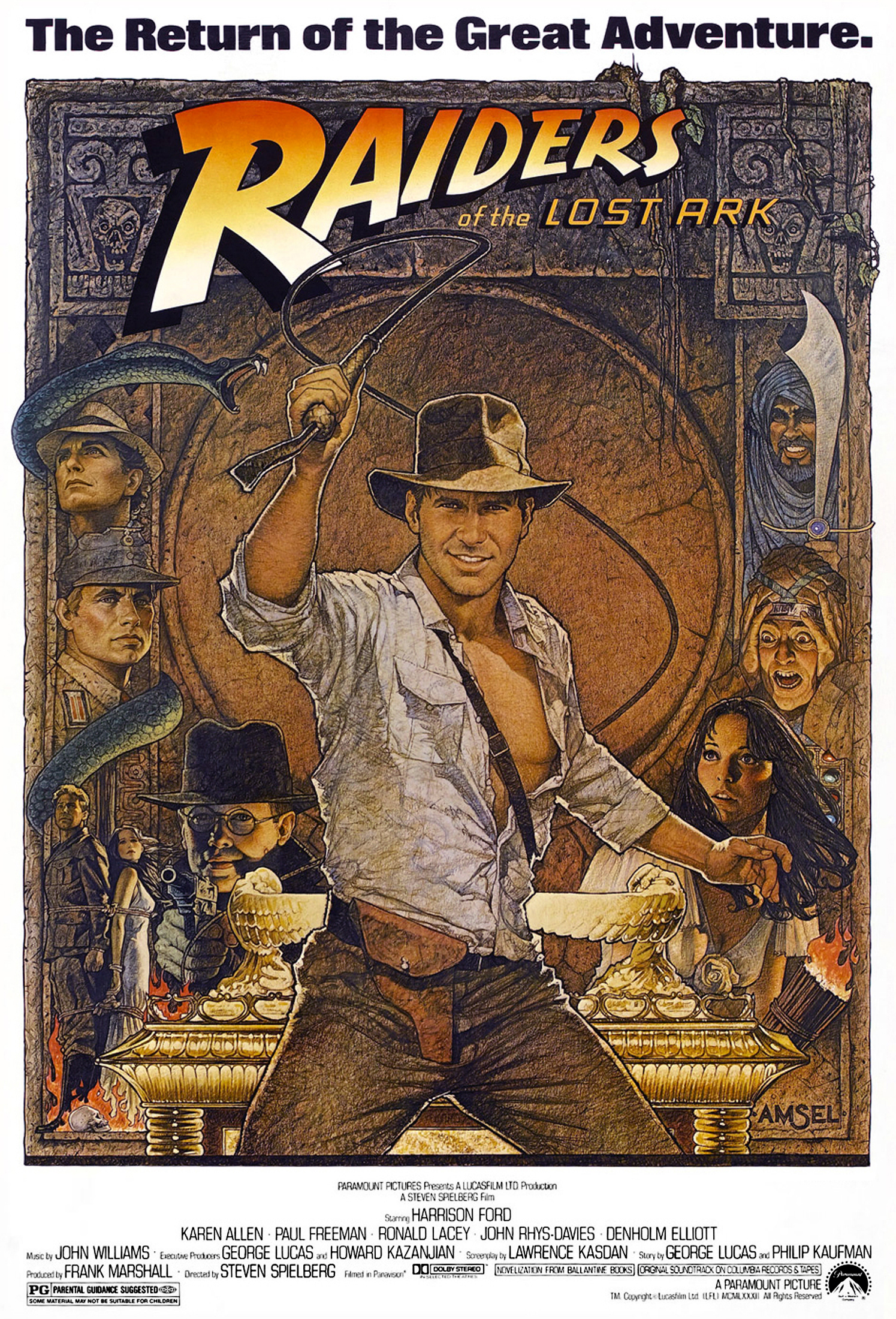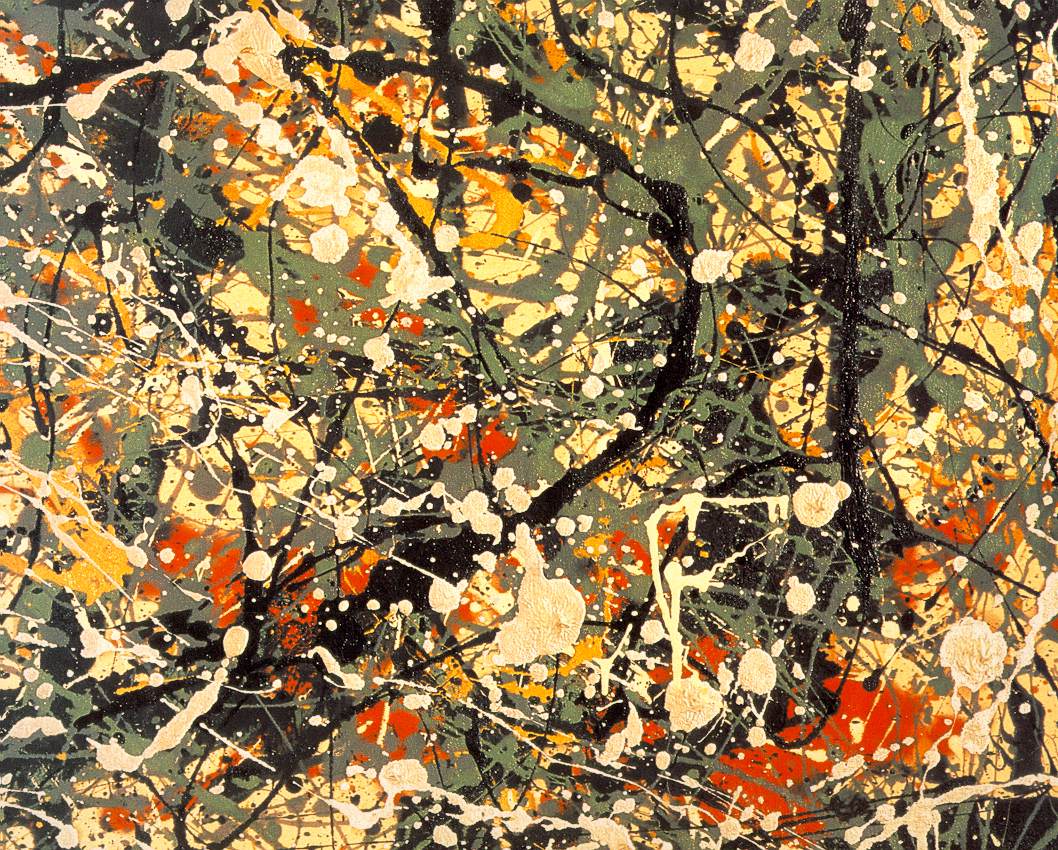I think I've mentioned here before, I've been alternating reading Dennis Lehane's
Kenzie and Gennaro series (I'm up to
Sacred) with various one-off books. Non-fiction has always been a good palate-cleanser for me, and, lately, that's been rock biographies. It's allowed me to not be overcome with, well, sameness, while reading a single series. On top of that, it's inspiring on both ends, as I've been working on music more, and I've also got a writing project in the detective, neo-noir genre in the embryonic stages.
The latest rock bio was
When Giants Walked the Earth, by Mick Wall. It's a pretty comprehensive, in depth exploration of the creation, career, dissolution, and legacy of Led Zeppelin. Now, dear reader, I can't know what your own feelings about Led Zeppelin are, but I can share mine...
When the band came together in 1968, as Jimmy Page's attempt to revive and reinvigorate The Yardbirds (they were actually billed as The "New" Yardbirds, at first), in which he was the last of a epic line of lead guitarists, it was a bit of a watershed moment for rock. The hippy/flower-power moment had really run it's course, and the scene was ready for something new. Page had a concept, a band that would mix the "light and dark," as he called it, the acoustic and electric, the melodic and the powerful. He set out to find the players to bring that concept to life.
Zeppelin, on disk, represents the best of 70's hard rock. Tunes and melodies liberally lifted from blues classics (often without credit, as Wall points out), mixed with John Bonham and John Paul Jones' amazing rhythm section, Page's epic guitar, and Robert Plant's unmistakable vocals. You really can't argue with the greatness of those albums, even if there are limp tracks. Nobody's perfect.
Now, the live Zeppelin, which I freely admit to having no first-hand experience with, and can only judge based on film and album,
The Song Remains the Same, as well as the
How the West was Won materials, was a beast capable of amazing flights of musicianship, and stultifying indulgences. Yes, yes, John Bonham was (arguably) the greatest rock drummer of all time, or at least his time, but I maintain that no one needs a 45 minute drum solo. I've only watched the full "Moby Dick" drum solo in
The Song Remains the Same once, when I saw it in a theatre, every other time....fast forward. Same with Page's unending guitar solo.
I've never been overly into "jam bands," with songs stretching longer and longer to accommodate various solos. As a musician, I can get off on the display of chops, but there's a point where even that loses it's hold on me. It's especially hard for me when the recorded material is tight and powerful.
To sum up; Zeppelin represents the best of 70's rock, and also the worst of it's indulgences.
To Wall's credit, as he was/is actually friendly with all of the surviving members of the band (although Page apparently wan't nothing to do with him since the book's release), he's straightforward about all the highs and lows of the band's career. I think he's maybe too harsh about the rare performances since John Bonham's death, and the breakup of the band. Certainly, the charity concert at the London O2 arena in 2007 has been noted by many as a pretty sterling gig from a reformed band, and Wall just sorta brushes it off.
As you might expect, the book covers a lot of ground. With Wall trying to explore all four band members, and manager Peter Grant, who he (correctly, I think) positions as a major force in all aspects of the band's output. Since he knows all of the guys, and has repeated interviewed them, I felt his observations and conclusions were pretty solid.
His depiction of Bonham, in particular, is interesting. He almost depicts the man as bi-polar, with his epic partying on tour merely a mask for depression over being away from his home and family for months on end. This, tied in with what seems to be a intrinsic need to be what the people around him want him to be. There are descriptions of Bonham misadventures that, with no exaggeration, position the man as almost a monster. Attacking women, drinking insane amounts, and destroying property for seemingly no reason other than loneliness, and the idea that's what expected of him. While Page and Plant indulge in what might be called "normal" rock star hedonism, and Jones, seemingly, removes himself from that scene completely, Bonzo just leaps, head-first, into the deep end.
Wall spends time on Page's heroin use, and the S&M games he liked to play with groupies. Really, however, it's clear he wants to dig into the guitarist's occult beliefs, and his interest in the teachings of Alistair Crowley. There's a long section of the book about Crowley, and what might have drawn Page into that belief system. Pointing out that, unlike the popular perception, Crowley really wasn't a satanist, but more of a pagan, with a belief system that embraced all human weakness as somethign to be explored fully. It's pretty obvious Page was into Crowley, he purchased many of the homes where Crowley had lived and conducted rituals.
 |
| "The Hermit" -by Jimmy Page? |
Wall takes some pains to not paint the guitarist as some frothing Satan-worshiper, but points out how much of the imagery, lyrics (apparently, you don't have to play
Stairway to Heaven backward for it to be "the most Satanic song, ever"), and "jokes" (like the Crowley quotes inscribed in the vinyl of the first pressing of
Led Zeppelin III) are tied to Crowley. That Page craved power, the power to make his creative visions manifest.
Now, if you want to get in a twist about that, the book will offer some ammunition for you. (Possibly why Page has now ended his friendship with Wall) Me? I could care less. Good music is good music, and I figure whatever sort of belief you want to have is your business. I got no truck with Scientologists, either.
Although, I was really drawn by the discussion of "The Hermit," the artwork on the inner sleeve of Led Zeppelin IV. It's credited to an artist that apparently no one has ever heard of, is obviously inspired by the tarot and the teachings of Crowley, and Wall begins to make a case that art-school-trained Jimmy Page may have created it himself.
Who knows? Page ain't talking.
There is one annoying thing about Wall's book. He's taken a tactic of writing large sections of the book in second-person "You are Jimmy Page, you've grown tired of session work..." etc. It's a decision that wears out it's welcome pretty fast (maybe for him too, there are far fewer of these asides in the latter half of the book), and leads to wall covering the same information over and over again. I think ever John Paul Jones interlude was about arranging some song for some soul artist. If it felt insightful, it would've been clever, but, alas, it doesn't. Even "inside" Page's head, there's only so many times I wanna hear about how uninspired he was by his session work.
All-in-all, I found
When Giants Walked the Earth a pretty decent read. It's well researched and has a lot of information right from the horses mouth, so to speak. If you're a fan, you'll probably want to read it, if you haven't all ready. Wall clearly loves the band, but isn't afraid to speak up about things that disappointed him.






























